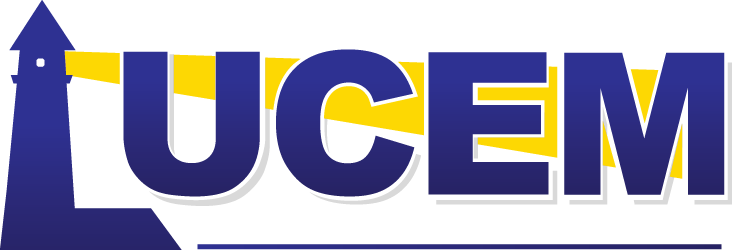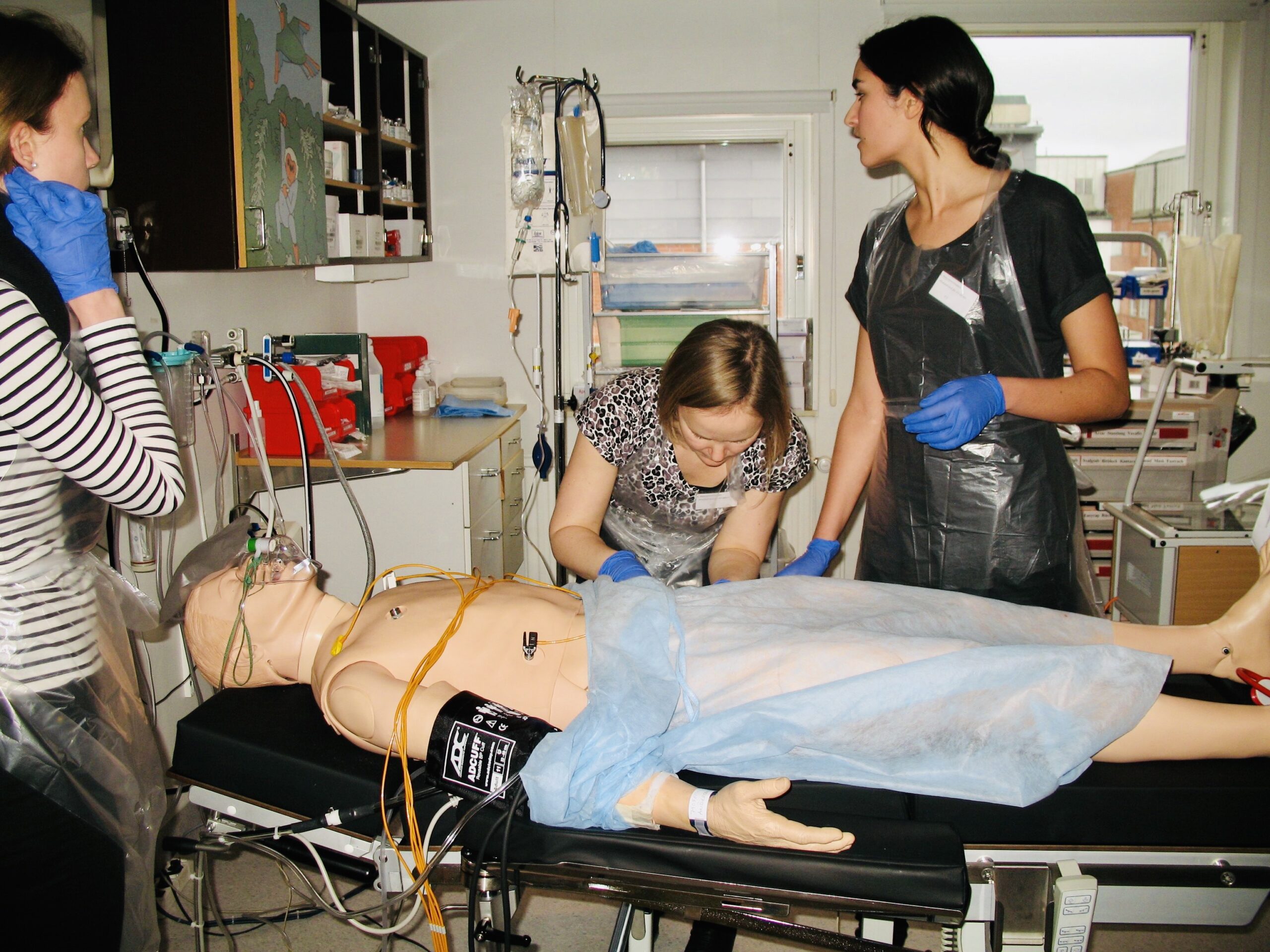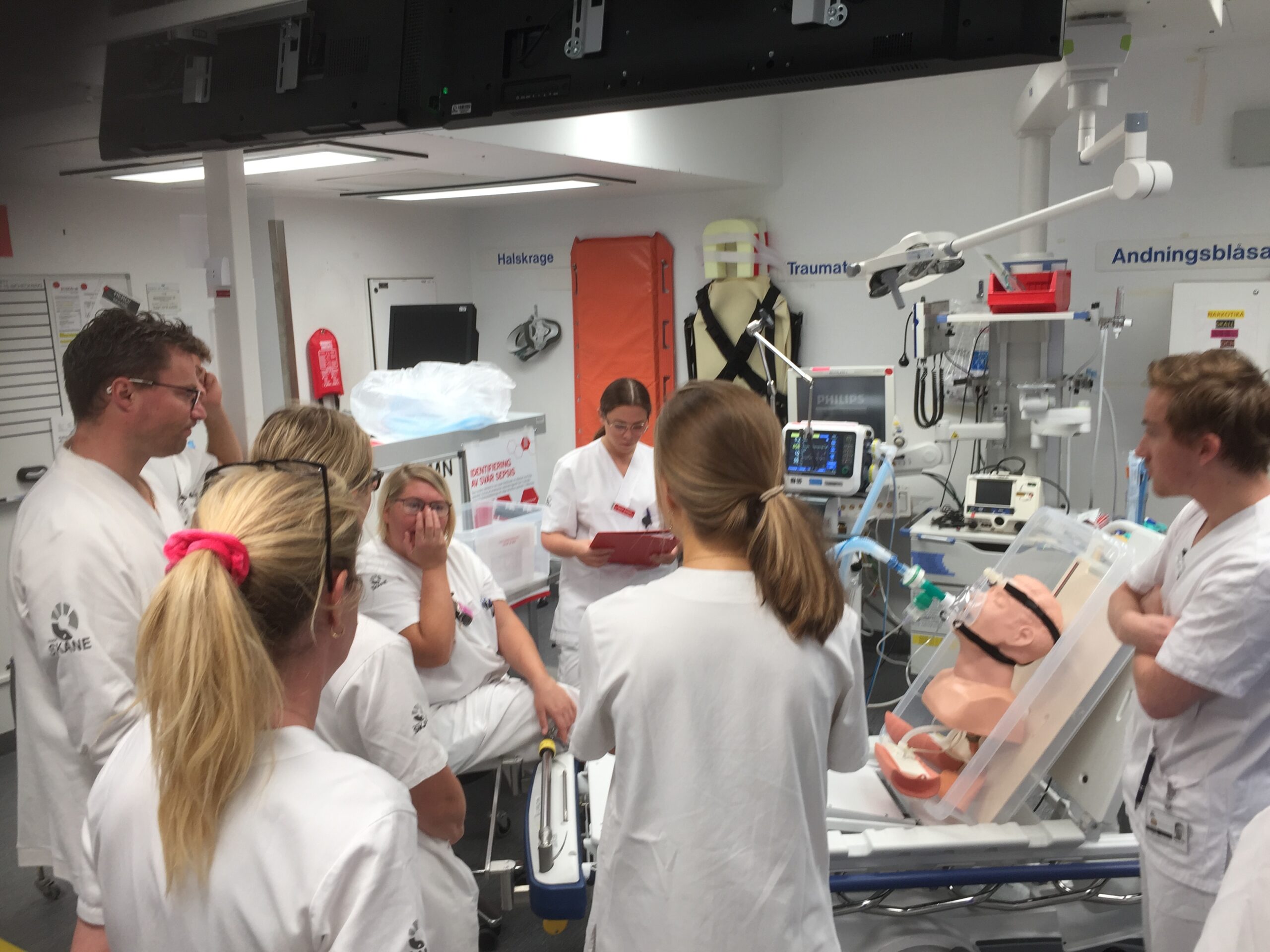Scenario-based training
According to Constructivism, understanding and competence cannot be transferred from one individual to another. Instead, individuals ’construct’ their own understanding and competence through engagement in learning activities. In accordance with Constructivism, the EMCC prioritizes scenario-based learning and group discussion.
Flipped Classroom
Knowledge is a prerequisite for understanding and competence. The EMCC includes a pretest to ensure that core knowledge is covered prior to the course, thereby allowing the course to focus on scenario-based training.
Constructive Alignment & Feedback
According to the pedagogical model Constructive Alignment, learning activities need to be congruent with learning objectives (i.e. patient care in the realm of EM) and assessments. Each scenario is accompanied by a checklist that delineates a standard performance. These checklists are intended to be based on current practice and evidence. The checklists align the scenarios (learning activities) with current practice (learning objectives) and allow for immediate, objective, constructive feedback after each scenario.
The checklists are also highly aligned with the Swedish Specialist Examination in Emergency Medicine and the educational material on the homepage of the Swedish Society for Emergency Medicine. The course is also aligned with the European Core Curriculum for Emergency Medicine revised in 2019 (”Curriculum 2.0”).
SOPs & Checklists
Standard Operating Procedures (SOPs) describe standards for processes and aim to improve quality and efficiency by providing a tool for education, assessment and process improvement. Checklists are structured cognitive aids that provide facts and draw attention to potential assessments and actions. Checklists can be used as knowledge-translation tools to help bridge the gap between SOPs and clinical practice.
Regarding the diagnostic process, checklists may decrease the risk of errors stemming from incomplete information acquisition or from failure to consciously consider specific diagnoses (premature closure). Regarding management, checklists may also prevent treatment errors and errors of omission. The EMCC proposes checklists for various processes in EM, e.g. a generic resuscitation algorithm, a screening neurological examination, a structured electrocardiogram interpretation.
Local Scenario-Based Training
The breadth and depth of Emergency Medicine (EM) translate into educational challenges. Courses play a role in developing competence in EM, but they are not sufficient. Regularly recurring training is essential in order to acquire, maintain and improve competence. In particular, local, in-situ training is optimal for procedure training given that it ensures that the training includes being able to find and use local equipment.





